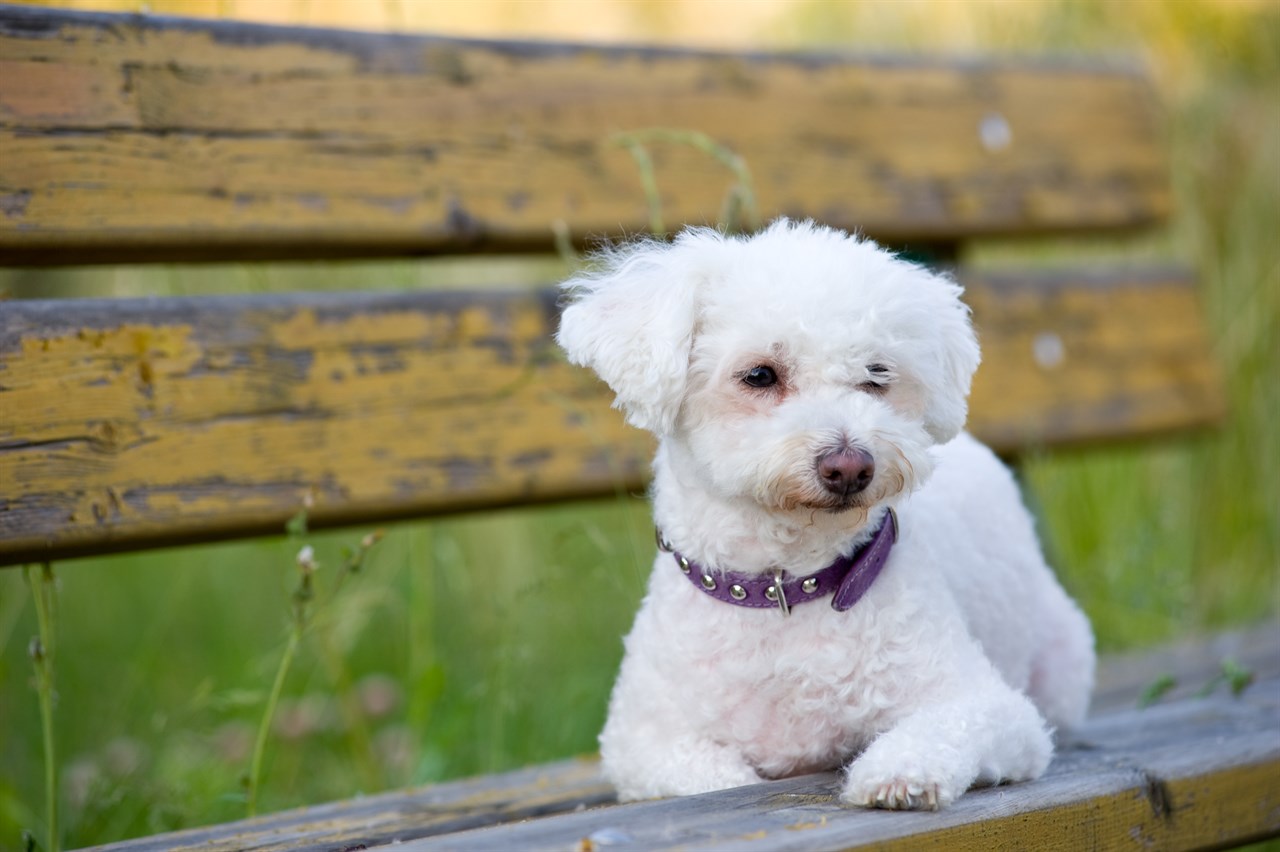Disadvantages of Owning a Maltese

While Maltese dogs are known for their charming personality and adorable appearance, like any breed, they come with their own set of disadvantages or challenges that potential owners should consider.
Grooming Demands
Maltese dogs have a beautiful, long, and silky coat that requires regular grooming to prevent matting and tangling. This can be time-consuming and costly, especially if you choose to keep their coat long.
Health Concerns
Maltese dogs are prone to certain health issues, including dental problems, respiratory issues, luxating patella, and eye conditions. Regular veterinary care and preventive measures are necessary to keep them healthy.
Fragility
Due to their small size and delicate build, Maltese dogs can be fragile. They may not be suitable for households with very young or rambunctious children who could accidentally injure them.
Separation Anxiety
Maltese dogs are known for forming strong bonds with their owners and can suffer from separation anxiety when left alone for extended periods. This may lead to behavioural problems, such as excessive barking or destructive behaviour.
Allergies
While they are considered hypoallergenic due to their low shedding, no dog is entirely hypoallergenic. People with allergies should spend time with a Maltese to assess their individual tolerance.
Training Challenges
Maltese dogs can be stubborn or independent at times, which may require patience and consistent training to achieve desired behaviours.
Exercise Needs
While they don't need extensive exercise, Maltese dogs do require daily physical and mental stimulation. Neglecting their exercise needs can lead to boredom and behavioural issues.
Barking Tendency
Maltese dogs are vocal and may bark to alert their owners or express their emotions. Excessive barking can be a concern if not properly managed.
Sensitivity to Weather
Their single-layer coat makes them sensitive to both extreme cold and heat. Care must be taken to protect them from harsh weather conditions.
High Demand
Due to their popularity, Maltese dogs can be in high demand, which may lead to price inflation and potential scams from unethical breeders.
Travel Considerations
Their small size makes them a portable companion, but traveling with them can require extra care and planning, including ensuring they are safe and comfortable during trips.
Socialization Needs
Maltese dogs need early socialisation to prevent them from becoming overly timid or fearful. Exposure to different people, animals, and environments is essential.
In conclusion, while Maltese dogs make loving and loyal companions, potential owners should be aware of the grooming requirements, health concerns, and behavioural tendencies associated with this breed. Proper care, training, and attention to their specific needs can help mitigate these challenges and ensure a happy and healthy life for your Maltese companion.